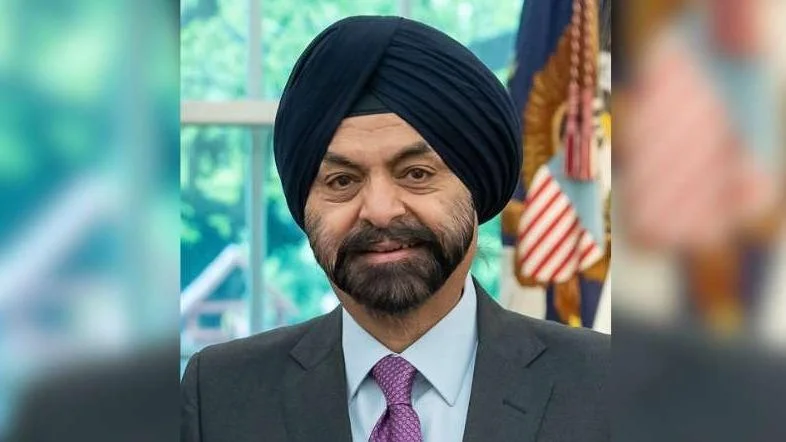The World Bank has been actively involved in advancing digital transformation in fragile and conflict-affected situations (FCS) to promote transparency, accountability, resilience, and inclusion. Projects in Niger, Nigeria, Ethiopia, the Federated States of Micronesia, Kosovo, Somalia, South Sudan, and Chad are aimed at enhancing broadband access and digital services to improve crisis resilience and economic opportunities.
In Niger, the Smart Villages for Rural Growth and Digital Inclusion project launched in 2020 has connected over 7.4 million users in more than 2,000 villages with enhanced broadband access. This connectivity allows vulnerable populations to receive alerts about high-risk areas. Similarly, the Digital Federated States of Micronesia Project has improved internet speed by 20 times for nearly 40,000 people.
Nigeria's digital ID enrollment increased threefold from 36.9 million in 2020 to 111.3 million by November 2024 with a focus on internally displaced persons (IDPs), refugees, and persons with disabilities. In Kosovo, the KODE project trained over 2,000 youth with digital skills.
Challenges remain as FCS face barriers such as insecurity and poor governance that hinder progress in digital transformation. These challenges result in lower access to connectivity and digital services compared to non-FCS countries at similar income levels.
The World Bank's approach includes strengthening digital foundations and supporting service delivery while ensuring interventions do not widen the digital divide. The projects are aligned with the World Bank Group Strategy for Fragility, Conflict, and Violence (2020-2025).
Results show significant progress: reforms in data protection have been introduced; Ethiopia's ICT sector saw a reduction of mobile data prices by over 90%; Micronesia improved internet speed significantly; Kosovo achieved nearly universal internet usage.
The World Bank is further enhancing its FCV-sensitive approach to better identify risks while deploying innovative design modalities for flexibility and scale. Future projects aim to provide affordable broadband internet usage for millions across FCS regions.
From 2018 to 2024, the World Bank supported operations worth approximately $2.72 billion in FCS through partnerships such as the Inclusive Digitalization in Eastern and Southern Africa program aiming to increase broadband usage for millions by 2032.
Looking ahead, commitments exceeding $2.5 billion will continue fostering digital transformation as demand grows alongside policy commitments under IDA21.

